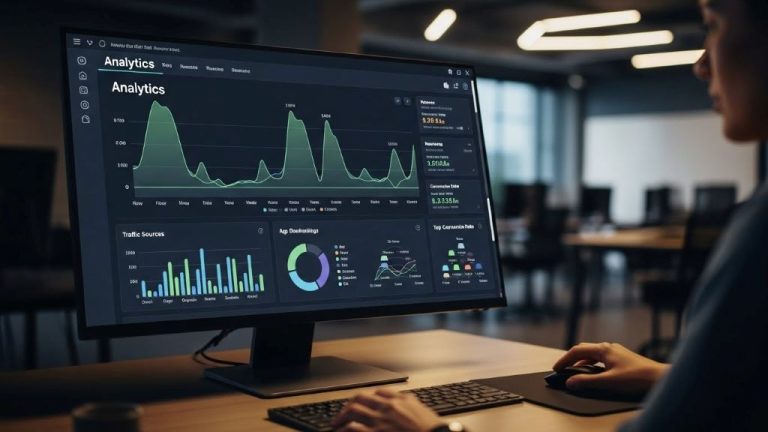
If you have a website, you need to check it frequently for errors and updates. Using auto-update plugins can have a negative impact on the layout and usability of your website. Therefore, regularly checking your website for issues and mistakes is necessary. You should also ensure that all the content on your website is current and relevant. Delete outdated and irrelevant content and replace it with new and updated ones.
Keeping your website up to date
Checking for problems is a must among the many aspects of website maintenance. For example, the URL of your website might have changed, and this could cause broken links, so make sure that the links still function properly. In addition to fixing these problems, you should add new content to your website.
Checking your website for problems is crucial. Not all problems are immediately visible, but a neglected website can lead to serious issues. Maintaining your website is an ongoing process that requires organization and awareness. Larger websites may need extra attention since they have many pages. However, this is an important part of website maintenance and should be considered a routine part of your business. And it’s especially important if your website has many visitors.
Keeping it running smoothly
You need to ensure that your website is running smoothly and fast enough to satisfy your visitors. Keeping your website running smoothly means paying attention to these details and implementing them regularly.
The process of website maintenance involves a variety of technical tasks. It also involves constant updating of your business and product details. It ensures that your site will load quickly and be free of errors. It also helps your visitors experience your website more effectively, as well. You should hire someone to handle this if you don’t want to handle the maintenance yourself. It will reduce the risk of costly problems, data loss, and hacking.
Keeping it error-free
There are many benefits of checking your website regularly for issues and mistakes. For example, you can easily check for broken links, indicating a URL problem. Another benefit of checking your website regularly is to add fresh content. For example, if you make changes to your website’s design, you can ensure that there is no outdated or irrelevant content. The same principle applies to auto-update plugins.
Backs up essential files
Taking backups is vital when running a website. It’s even more important when it comes to your website than you think because mistakes made by you can lead to serious problems, like corrupt files. In fact, some websites even suffer from website owner errors, such as installing the wrong plugin or module. By keeping a backup of your website, you can restore operations in the most minimal amount of time.
Once you’ve made the decision to backup your website, you’ll want to set a schedule for yourself to ensure you’re always backed up. Create a diary entry for backing up your website on a regular basis, and don’t skip it. Make sure to back up the databases, Panel settings, and other important information regularly. It’s even a good idea to back up your website to more than one hard drive if you use a shared hosting service.



